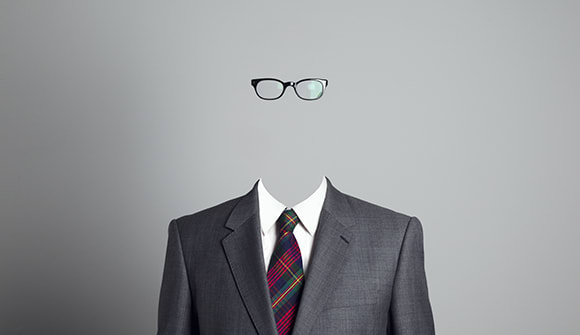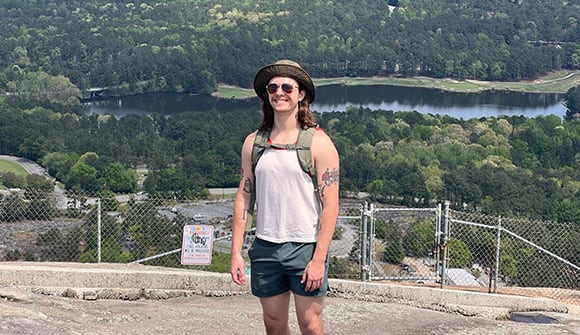Bad with faces
Poor memory or 'face blindness'?
Article Author: Johnny Woodhouse
Article Date:

Some people claim to have the ability to never forget a face. But someone with prosopagnosia, also known as face blindness, doesn’t have that luxury. The rare and incurable neurological disorder is characterized by the inability to recognize or remember faces, even familiar ones like those of family members.
According to the National Institutes of Health (NIH), nearly 3 million Americans are affected by face blindness, including Oscar-winning actor Brad Pitt and Apple co-founder Steve Wozniak.
“I can identify faces, I just can’t form memories of them,” Wozniak said in 2017.
Pitt said in 2022 that nobody “believes” he has it, adding that he fears people think he’s self-absorbed and aloof.
Born with it or developed?
A combination of the Greek word for face and the medical term for the inability to recognize objects or people, prosopagnosia is thought to be caused by abnormalities, damage or impairment in one part of the brain.
“Prosopagnosia is the result of damage to the right fusiform gyrus, a fold in the brain that coordinates the neurological processes that control facial perception and memory,” said Adeline Leon, PhD, a clinical neuropsychologist with Baptist Behavioral Health. “That part of the brain also plays a role in object recognition and reading.”
Dr. Leon added, “These individuals may walk by a sibling or a spouse as if they were strangers and may even have trouble recognizing their own faces in the mirror.”
First noticed in World War II veterans who had suffered brain injuries, the condition varies in severity and researchers believe it may run in families. Some people are born with it (congenital) while most develop the disorder over time (acquired) due to a stroke or a degenerative disease like Alzheimer’s or dementia.
Other causes of acquired prosopagnosia include:
- Brain tumors
- Seizures
- Infections like encephalitis
- Toxins like carbon monoxide
Some degree of prosopagnosia can also be present in children with autism and Asperger’s syndrome and may be the cause of their impaired social development, according to the National Institute of Neurological Disorders and Stroke.
A permanent condition
People with face blindness have trouble recognizing recurring characters in movies or TV shows and may find it difficult to determine someone’s age or gender.
“They frequently need to rely on other sensory inputs to identify others, such as voice, gait or a unique physical trait,” Dr. Leon said.
Face blindness can also impact someone’s ability to establish personal and professional relationships, leading to social anxiety or depression.
There is no specific treatment for prosopagnosia and the condition is usually permanent, but participation in therapy and rehabilitation programs can help.
Testing is the first step
The best way to determine if someone has prosopagnosia is to get tested.
Neurological exams may include simple sensory and memory assessments, followed by more specific face and object recognition tests to rule out any other form of recognition disorders.
CT and MRI imaging can determine if disease or injury is the cause. Non-invasive diagnostic tests, including an electroencephalogram to detect epilepsy or other seizure disorders, may be recommended.
Neuropsychologists also assess individuals for memory issues, neurological conditions and other cognitive deficits.
“These experts, who specialize in brain-behavior relationships, are particularly equipped to evaluate impairments in facial recognition and can provide recommendations to improve functioning and quality of life,” Dr. Leon added.
Baptist Behavioral Health offers neuropsychological evaluation services for adults, adolescents, and children in a positive and supportive office setting. To make an appointment, call 904.376.3800.



